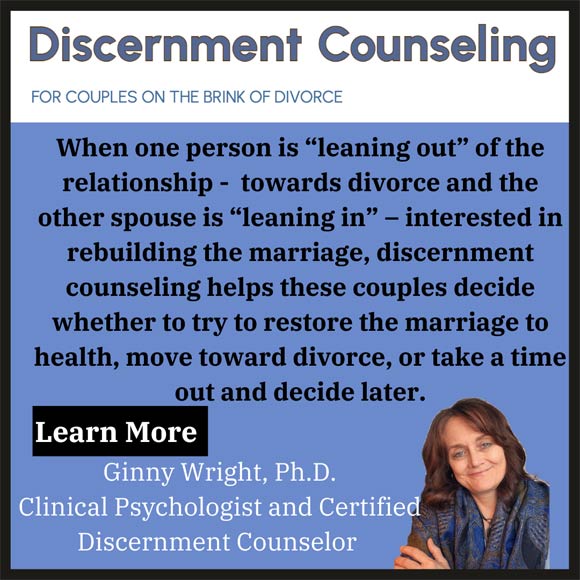Read this comment that was posted on Divorced Girl Smiling by a guy who is saying “My wife left me and is loving being single.” Funny my 40 year old ex wife is loving the fact that she is single. It seems to me that when women get to be around 40 they question their marriage. Take in case my ex, she was always looking for the greener grass and with all these guys asking her out she threw in the towel. We have two great kids together but their mom would rather be out partying and sleeping with all the guys in the town. It hurts like you wouldn’t believe because I loved this woman like no other.
First, please remember that what he wrote is all I know about the situation. It would help tremendously if I heard what the wife had to say about his statement. Why? Because I am a woman who got divorced at 41, and believe me when I tell you –it was NOT because I wanted to be single again and party and sleep with “all the guys in town.”

I do know a few women who were married, met another man, started cheating, and ended up divorcing their husbands for the other guy, leaving the husbands shocked and devastated. I try really hard not to judge because I was not present in their marriages and I don’t know the details. That said, it’s difficult for me not to have negative feelings for these women for abandoning their husbands because they thought they could do better. And by the way, I know an equal number of men who did the same thing to their wives, and I struggle with them, too.
It seems to be that when women get to be around 40, they question their marriage…
I do believe that both men and women start to re-evaluate ALL the aspects of their lives—not just marriage around age 40. 40 feels like “OK, this is it. I better be living a happy life because this is the best I’m ever going to look and feel.” Years start to feel numbered, people start treating you like an older person, everyone you meet seems to be younger than you, and you sort of feel like time is running out.
I’m not saying this woman’s cheating and leaving her husband to date a bunch of guys is justified, I’m just trying to explain how she might be feeling. Maybe she has low self-esteem and needs these guys to validate her beauty and worth. Maybe she doesn’t like herself much and is trying to find happiness in these men. What I can say is that dating and sex with other men will not help her find happiness. Sure, she’s happy now, but they are a temporary fix. In the long term, she needs to get help for herself or all she is going to feel is emptiness and regret.
What this woman should have done is talk to her husband—made more of an effort to save the marriage. Although, maybe she did and he is leaving out that part of the story. I don’t know. But, when two people are in a committed relationship/marriage, they owe it to the marriage, to themselves, to each other and to the kids to sit down and say, “I’m not happy. What can we do to make this work because it isn’t working for me?” Maybe this woman did that, maybe not.

I honestly don’t believe she threw in the towel simply because several guys started asking her out. Most people throw in the towel when they feel that is their best option. It is heart heavy and in many cases, the toughest decision a person will ever make. The guilt can be maddening.
My advice to this guy is—what’s done is done. If the marriage is really over for good (he said ex-wife so I am assuming it’s final) then he has to work on his kids and himself and come to accept the fact that it’s over. After doing that, he can start to heal and rebuild.
I truly feel terrible for him—
It hurts like you wouldn’t believe because I loved this woman like no other.
That makes my heart hurt and I want to give him a big hug. But, he needs to stop re-writing history and really come to honest terms of why the marriage ended. If he loved her this way and told her all the time and everything was perfect, I highly doubt she would have coldly left and started dating tons of men.
What’s the REAL reason it didn’t work out? Until he can accept even the slightest bit of playing a role in the divorce, he will not be at peace. Only when he can be truthful with himself will his life get better. He might even find true love again. But for now, he needs to accept, take some accountability and work on liking (and loving) himself and his kids. In other words, let her go. It’s very sad and not easy. But, he should focus on the positives–he is only 40 (I’m assuming) and healthy and has two beautiful children. He has the chance to have a whole new and better life, possibly with a woman who will commit and love him the way he deserves.















Leave a Reply